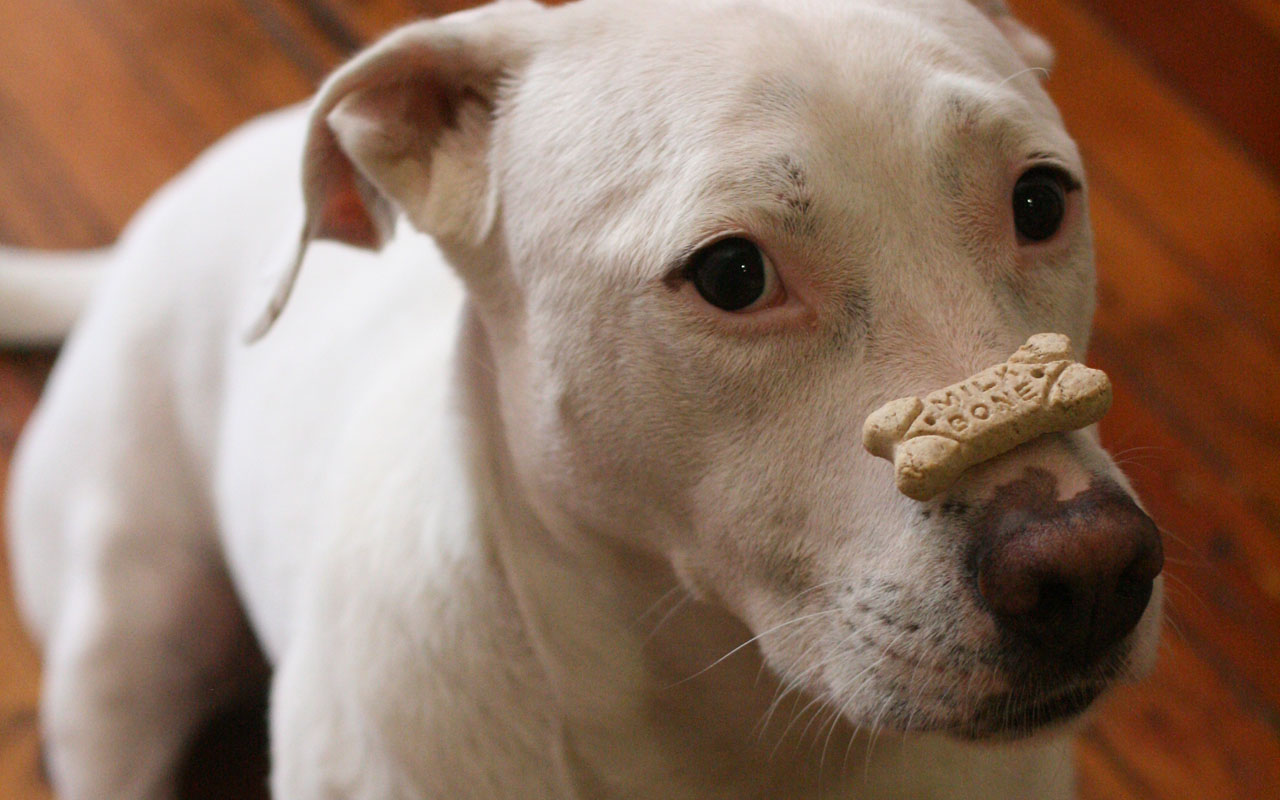As you may have read in a previous blog by Dr John Bradshaw, cats do not tend to have an all-consuming relationship with their owner the way a dog can, however the cat-owner bond is nevertheless important.
Speaking with Dr Bradshaw at CABI’s Human-Animal Bond symposium at the London Vet Show last week, Dr Sandra McCune informed the capacity audience of the positive benefits that a strong bond can bring to both the owner and the cat.
Dr McCune, from the WALTHAM Centre for Pet Nutrition, said that studies suggest that owning a cat can bring numerous human health benefits including lowering stress levels, helping to fight depression and lowering the risk for heart attacks and strokes.
In return, a good bond between owner and pet is also beneficial for the cat and is more likely to result in better veterinary care. For example, when the bond is strong, owners more often notice changes in the behaviour of their cat which can be an important indication of disease. Owners are also more able to help reduce the fear and stress associated with veterinary treatments and recovery when the relationship is strong.
Conversely, when the human-animal bond is weak, owners may not notice immediately that their cat is unwell and the animal may not be brought into the veterinary practice until it is very sick; there is also a greater risk of non-compliance in these cases.
When the owner-cat bond is strong, it is also more likely that the cat will be taken for routine ‘wellness examinations’. It is much more common for dogs to be taken for these important routine visits than cats, partly due to the greater stress that they can cause cats (and their owners).
As noted in a recent article on our veterinary website VetMed Resource, it has been recognised that more can be done to make practices ‘cat friendly’ and encourage routine veterinary visits. Following on from a programme conceived in the UK by the Feline Advisory Bureau, the American Association of Feline Practitioners (AAFP) launched a Cat Friendly Practice (CFP) Program in January this year. Hundreds of US veterinary practices are now participating in the programme and are starting to notice a difference. However, as Dr McCune pointed out, it sometimes takes a strong human-animal bond to get a cat to the practice in the first place.
Other internationally renowned speakers at CABI’s symposium included Professor Alan Beck and Professor Daniel Mills, who gave fascinating insights into the importance of animal companionship and the contribution pets make to society, respectively. Both speeches were very thought provoking and will no doubt be the subject of a future blog!
Related News & Blogs
Fat cats – what can they tell us about human obesity, and vice versa?
It’s estimated that between a third and two thirds of pet cats are overweight, depending on the assessment method used. Cats suffer from obesity and diabetes mellitus in ways that are very similar to the obesity and type 2 diabetes found in humans. But…
7 May 2019


